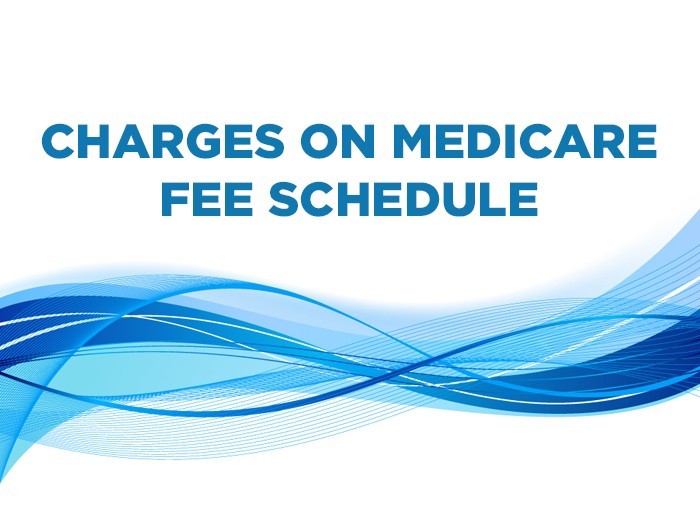What is the limiting charge on Medicare fee schedule?
Limiting charge in simple terms means the highest amounts medical professionals can charge more than the determined Medicare approved limit by the Federal law. However, the term “limiting charge” is followed by more intricate details, which is essential when determining the Medicare fee scheduling rates.
The Medicare fee schedule rates are determined by a resource-based relative value system (RBRVS). RBRVS assigns values to the CPT codes based on three components:
- Professional component: This includes end to end work done by the medical professional (the amount of time, technical skills, physical efforts and diagnosis).
- Technical component: This includes overhead expenses (assistance, nurses, equipment, supplies, etc.) required for the medical practice.
- Professional liability component: This includes the possible damage and harm that can be caused by the medical health provider.
To understand how “Limiting Charge” is implemented in Medicare fee scheduling rates, we need to understand some terms.
- Assignment: Assignment in the medical industry means that the health professional gives their consent to accept the Medicare approved amount as full payment for the rendered services.
- Participating & Non-participating Provider: A participating provider is a healthcare professional who accepts the assignment, while a non-participating provider is a healthcare professional who does not accept the assignment. Additionally, a non-participating provider can further accept assignments for few medical services but not all.
- Allowable Fees: Allowable fees in the amount decided by RBRVS that a healthcare professional can claim to Medicare for the rendered services. Allowable fees can vary based on geographical location as well as the facility where the services are rendered. For instance, the allowable fees are generally higher in urban areas than the rural ones. Furthermore, if the services are rendered in a medical professional’s clinic, the Medicare fee will be higher as the medical professional will also bear overhead expenses for the medical services (technical component).
For a participating provider, Medicare reimburses 80% of the allowable amount, while 20% is the standard co-payment, which is the responsibility of the patient.
For a non-participating provider, the allowable amount that they can claim is 5% less than the participating provider. Furthermore, the non-participating professional has the authority to charge a higher amount than the allowable amount, and it is the responsibility of the patient to settle. The additional amount that a non- participating provider charges is called “Limiting Charge”. However, there is an upper limit of the Limiting charge, which is decided by Federal law. This limiting charge depends majorly on the geographical location of the facility where the medical services are rendered. Urban areas generally have higher limiting charges than rural areas.
What happens if a healthcare provider charges more than Limiting Charge?
Charging more than the allowed limiting charge can result in serious consequences. According to Social Security Act Amendments of 1994, there are potential civil monetary penalties of up to $10,000 for each violation. Additionally, the healthcare provider also has to submit a fine of three times the claimed amount. Furthermore, the health professional can also be excluded from the Medicare program for up to 5 years.
Therefore, it is highly necessary to stay up to date with the limiting charge. As it can become quite hectic for medical professionals to handle all different types of claims and policies, errors become quite common. Therefore, hiring a medical billing company to manage all the claims and other documentation proves to be beneficial in such situations.
Companies like Capline Medical Services are renowned and trusted by hundreds of medical professionals to handle their revenue management cycle. Not only do they reduce the burden from the healthcare providers, but also eradicate such errors that can result in legal action and penalties.




